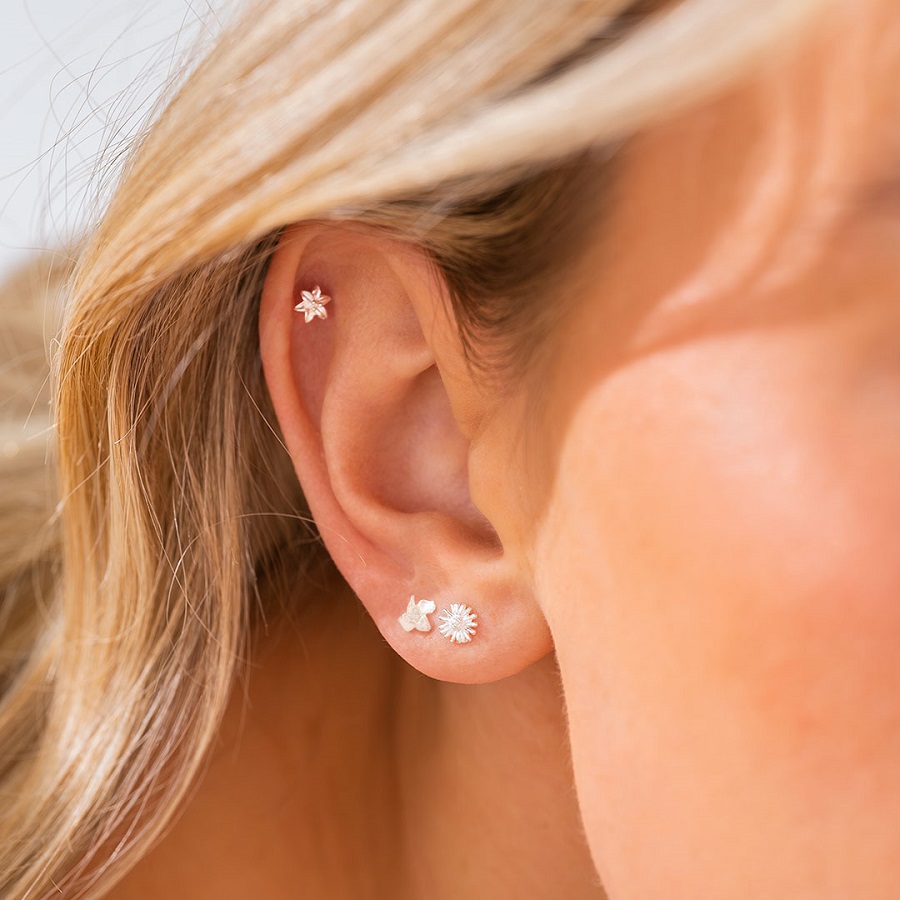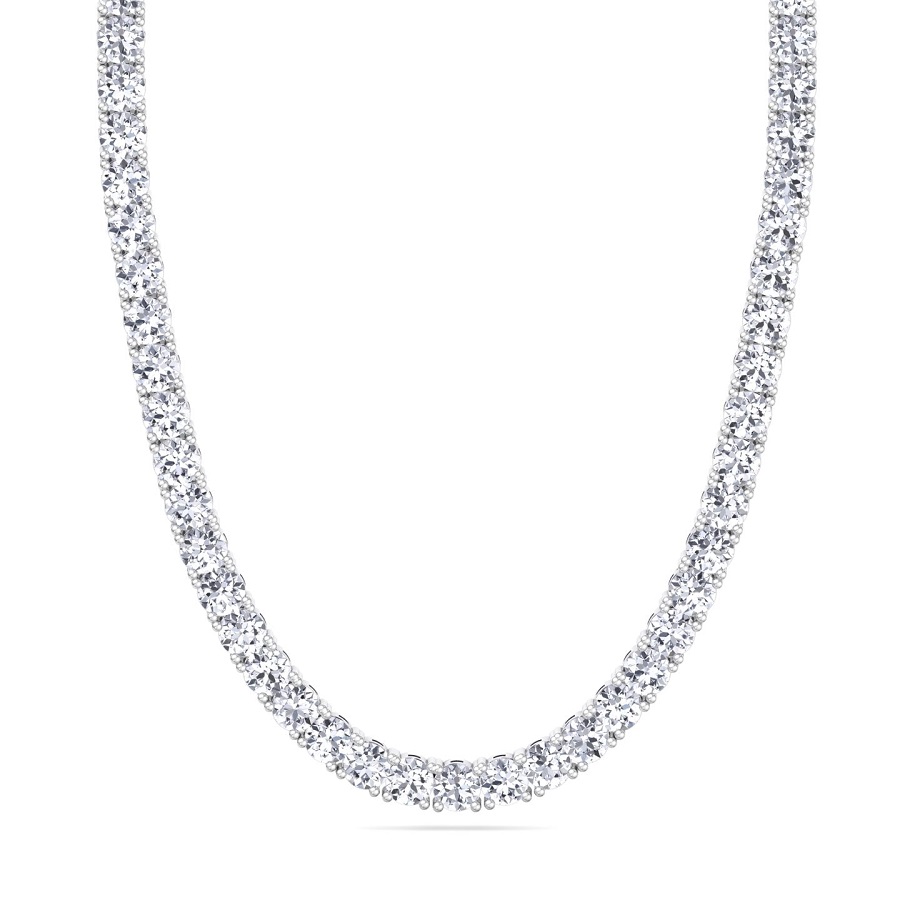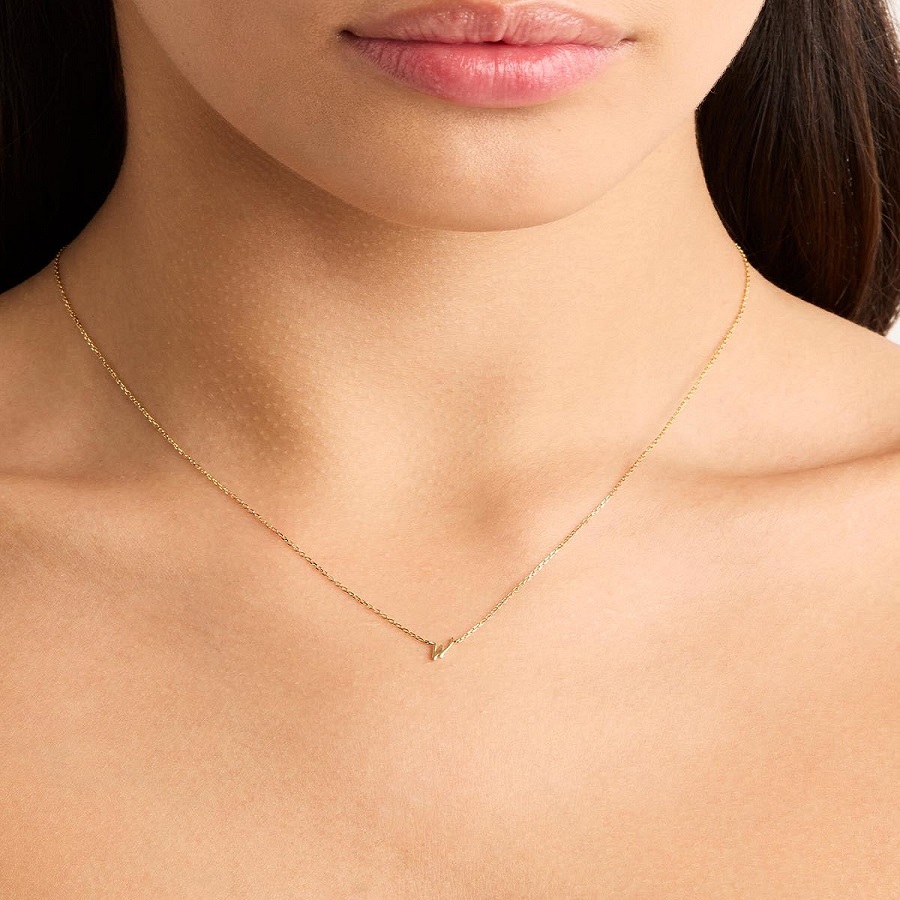The Common Culprits Behind Ear Pain from Earrings
Why do earrings hurt my ears – Encountering pain when wearing earrings is not rare. Many individuals experience discomfort even after years of pierced ears. Often, the pain is not due to new piercings but to other factors. Those new to the world of earrings and long-time jewelry enthusiasts alike may wonder why their ears hurt. The main offenders in causing ear pain from earrings include metal allergies, poor earring quality, and inappropriate earring types for sensitive ears.
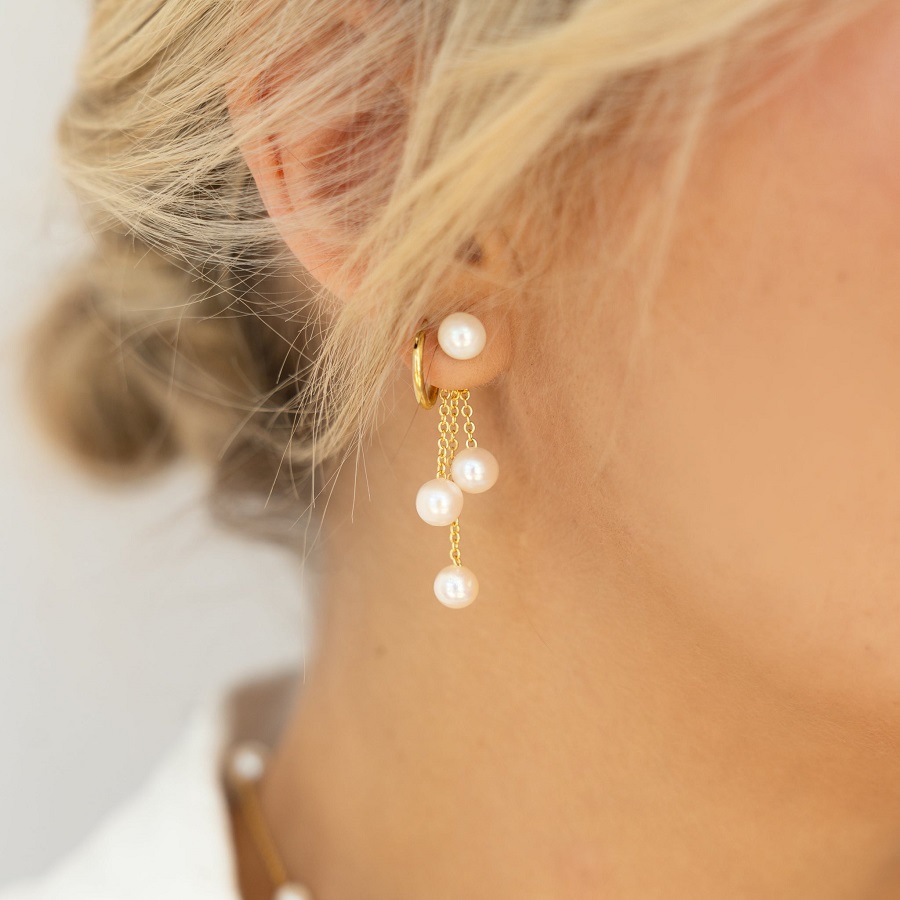 x
x
Several metals found in earrings, such as nickel, brass, and copper, are common allergens. These materials can cause allergic reactions that lead to itching, redness, and discomfort. Another factor relates to the overall quality of the earrings. Lower-quality earrings may not only contain harmful metals but also may break down and release irritants over time. Additionally, the type of earring matters. Heavy earrings can strain the lobes, while certain shapes may poke or prod sensitive areas.
Individuals with sensitive ears must choose their earrings wisely, considering metal types, design, and weight. By understanding the leading causes of ear pain from earrings, you can make informed choices that support ear health and minimize discomfort.
Identifying Metal Allergies and Sensitivities
If your ears throb or itch after wearing earrings, you might have a metal allergy or sensitivity. For many, this issue stems from a reaction to nickel, commonly used in jewelry. Not all expensive jewelry is safe either; sometimes, gold or silver contains nickel too.
Here are steps to determine if you have a metal allergy or sensitivity:
- Observation: Reflect on past experiences. If symptoms like itching or redness occur with certain metals, you likely have an allergy.
- Patch Test: Place earring metal on a less sensitive skin area. Wait to see if a reaction occurs.
- Consult a Specialist: If reactions are severe, see a doctor. A professional can conduct an allergy test.
- Try Hypoallergenic Options: Choose earrings labeled ‘hypoallergenic’ or made of titanium or niobium. These are often safe for sensitive ears.
- Monitor and Adjust: If discomfort persists despite trying hypoallergenic options, keep track of symptoms and consider consulting a dermatologist.
By identifying and understanding your sensitivities, you can select earrings that won’t cause pain, letting you enjoy your jewelry in comfort.
The Role of Quality in Earring Selection
When selecting earrings, the quality plays a pivotal role in preventing ear discomfort. High-quality earrings typically use materials recognized for their purity and hypoallergenic properties, such as titanium, niobium, and certain grades of gold and silver. These materials undergo rigorous processing to ensure they are free from common allergens like nickel and less likely to cause irritation.
Conversely, lower-quality earrings often comprise mixed metals or metal alloys that include allergenic substances. These can lead to irritation or allergic reactions even if the outer coating appears safe. Over time, as the outer layer wears off, these irritants come into direct contact with your skin, causing discomfort.
When shopping for earrings, particularly for those with sensitive ears, there are a few key considerations:
- Material Composition: Look for earrings made from non-allergenic metals. Check for labels like ‘nickel-free’ or specify the exact metal used.
- Coating Integrity: Ensure that any protective coating on the earring is durable and won’t easily wear away to expose harmful metals beneath.
- Brand Reputation: Opt for reputable brands known for catering to sensitive skin and which clearly state their product’s metal content.
- Earring Backs: The quality of earring backs is equally important. Choosing backs made from silicone or plastic can prevent irritation that metal backs might cause.
Investing in earrings of superior quality not only protects sensitive ears but also guarantees long-term wearability and value. Remember, the cheapest option might cost more in the long run if it leads to pain or allergic reactions. Prioritize quality over price for a safer and more comfortable earring experience.
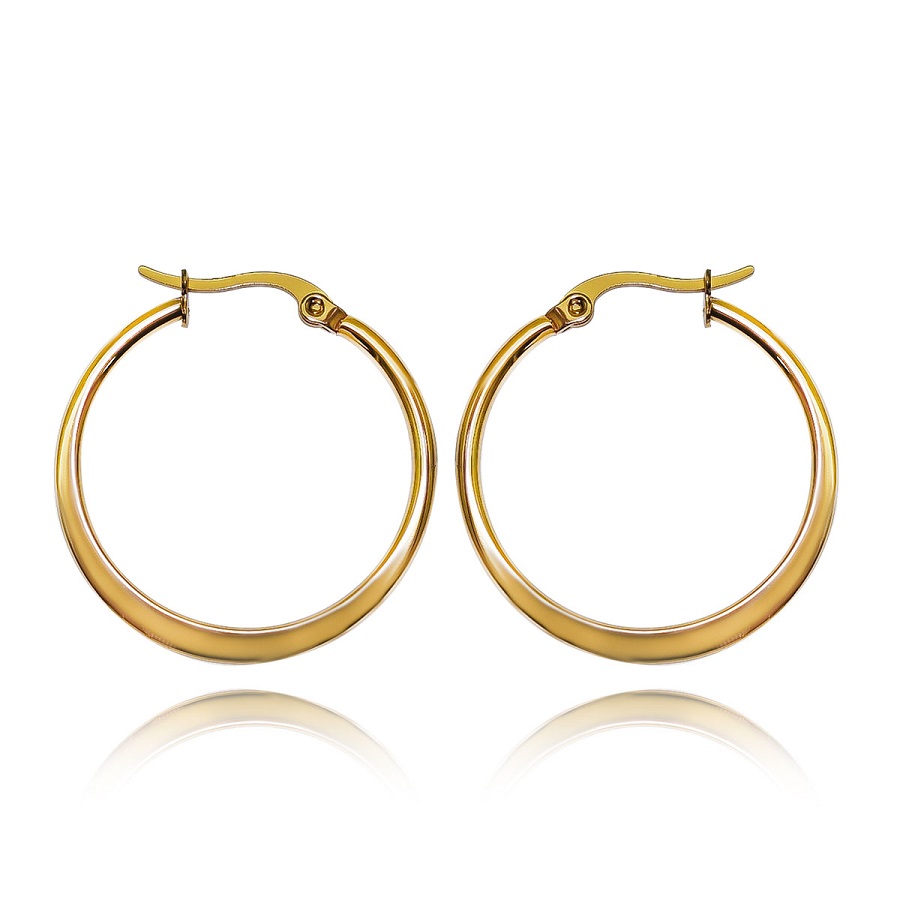 Alternatives to Traditional Metal Earrings
Alternatives to Traditional Metal Earrings
For those with sensitive ears, traditional metal earrings can be a source of discomfort and allergic reactions. Discovering alternatives that are kind to sensitive skin can open a world of fashion possibilities without the pain. Below are some earring options that might be the solution you’re looking for:
- Titanium Earrings: Titanium is highly regarded for its compatibility with the human body, making it a go-to for medical implants and hypoallergenic jewelry.
- Plastic or Acrylic Earrings: Completely metal-free, these can reduce the likelihood of reactions and are often lightweight, with a variety of designs available.
- Sterling Silver 925 or Higher-grade Gold: Higher purity metals like Sterling Silver 925 or 14k gold and above are less likely to cause reactions, although you should ensure they’re nickel-free.
- Wooden Earrings: Wood offers a natural and unique alternative, with virtually no risk of metal allergy triggers.
- Fabric Earrings: For those who prefer softer materials, fabric earrings can provide comfort and style with zero metal content.
- Glass or Ceramic Earrings: Non-metallic and with a distinct aesthetic, glass and ceramic options are inert and allergy-friendly.
- Silicone Earrings: Soft, flexible, and lightweight, silicone earrings are metal-free and friendly for extremely sensitive ears.
- Clip-on or Magnetic Earrings: For non-pierced or highly sensitive ears, these offer a way to wear earrings without direct contact with skin tissue.
This is not an exhaustive list but provides a starting point for individuals with sensitive ears to explore. By trying out various non-traditional materials, you can add diversity to your jewelry collection while maintaining ear health and comfort.
Strategies to Minimize Discomfort
In the face of painful reactions to earrings, there are several strategies that can alleviate or even prevent discomfort. Here are practical tips to minimize ear pain while enjoying your favorite jewelry:
- Switch to Hypoallergenic Materials: Opt for earrings made from titanium or niobium which are less likely to cause allergic reactions.
- Apply Protective Coatings: Products like hypoallergenic earring covers can act as a barrier between your skin and harmful metals.
- Choose Lightweight Designs: Heavy earrings can cause unnecessary strain. Look for lighter options that won’t pull on your lobes.
- Gradual Wear: If you’re introducing a new material, try wearing the earrings for short periods and gradually increase as your ears adjust.
- Clean Earrings Regularly: Keep your earrings clean to prevent the build-up of bacteria that can lead to irritation or infection.
- Consider Plastic Posts: If metal sensitivity is a significant issue, plastic earring posts might prove a comfortable alternative.
By implementing these strategies, you can significantly reduce the chances of experiencing discomfort caused by earrings. Always prioritize the health of your ears and remember, if pain persists, it might be wisest to consult a medical professional.
Professional Interventions for Persistent Ear Pain
When home remedies and preventive measures don’t relieve ear pain from earrings, seeking professional help is the next step. Ear discomfort persisting despite all efforts warrants attention from specialists who can provide effective interventions and solutions.
- Consult a Dermatologist: A dermatologist can identify allergies and recommend suitable metals or alternative earring materials.
- Visit an Allergist: An allergist can perform tests to confirm metal allergies and suggest ways to avoid triggers.
- Consider Repiercing: Sometimes piercings done incorrectly lead to chronic issues. A professional piercer can correct this using sterile techniques and proper jewelry.
- Try Desensitization: Under a specialist’s guidance, desensitization to certain metals may be possible through controlled exposure.
- Explore Medical Treatments: For severe cases, prescriptions for creams or oral medications can manage allergic reactions or infections.
Individuals shouldn’t have to forego the joy of wearing earrings due to pain. With expert help, you can find safe and comfortable ways to accessorize with confidence and style.
 Tips for Cleaning and Caring for Sensitive Ears
Tips for Cleaning and Caring for Sensitive Ears
Caring for sensitive ears requires a gentle, yet effective approach. Here are tips to keep in mind for those with sensitivity issues:
- Gentle Cleaning Is Key: Use mild soap and water to clean your earrings and earlobes. Avoid harsh chemicals that might irritate the skin.
- Dry Ears Thoroughly: After cleaning or a shower, ensure your ears are completely dry before putting in earrings. Moisture can cause irritation.
- Sanitize Earrings Regularly: Wipe your earrings with a gentle antiseptic solution regularly to prevent the buildup of bacteria.
- Opt for Safe Storage: Keep your earrings in a clean, dust-free container to reduce exposure to potential allergens.
- Be Mindful of Earring Removal: Take off your earrings slowly to avoid irritating the piercing. Do this especially if your ears feel tender.
- Give Ears a Break: Allow your ears to rest without earrings, especially overnight to help reduce the chances of discomfort.
- Consider Protective Products: Look for earring hole protective products that can prevent direct contact between metal and skin.
Adhering to these practices can make a significant difference in reducing ear pain and sensitivity, allowing you to wear your favorite earrings with more comfort and confidence.
Fashion Meets Comfort: Choosing the Right Earrings for Sensitive Ears
Finding earrings that don’t hurt can be tough if you have sensitive ears. But it’s not impossible. With a few smart choices, you can combine style and comfort. Here’s what to look for:
- Seek purity: Go for earrings made with pure metals like titanium or niobium. These won’t react with your skin.
- Check for labels: Look for ‘hypoallergenic’, ‘nickel-free’, or ‘lead-free’ tags. These are less likely to cause irritation.
- Think light: Choose designs that are light in weight. Heavy earrings pull on your lobes and can cause pain.
- Try alternatives: Consider non-metal options like plastic studs. These can be stylish without any metal content.
- Go for quality: It might cost more, but high-quality earrings are gentler on your ears and last longer.
- Test before wearing: Do a patch test with the earrings on a less sensitive part of your skin first.
- Go professional: If you’re not sure what to choose, get advice from a piercer or dermatologist.
Remember, even with sensitive ears, you don’t have to skip the sparkle. With the right earrings, you can avoid pain and keep your style fresh.
